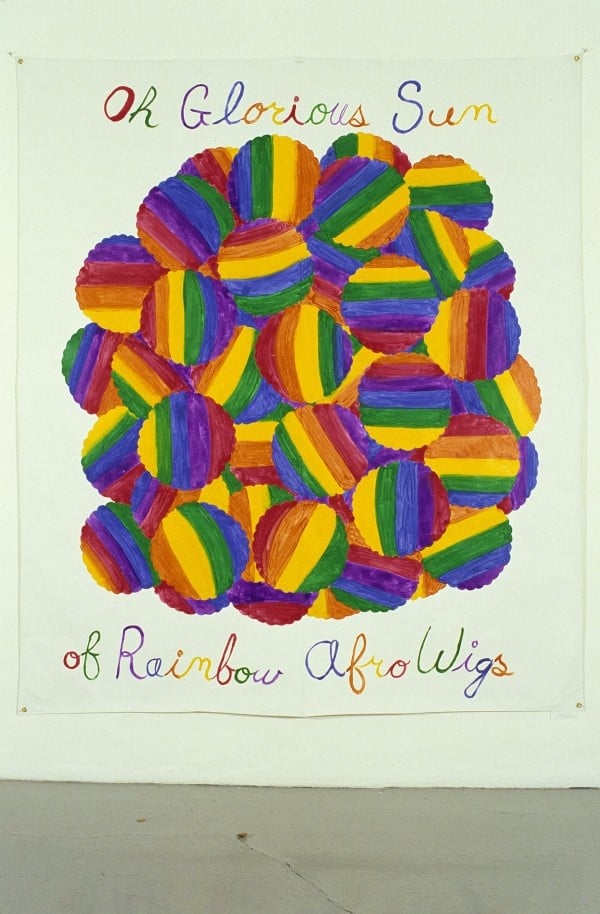
A tax break that allows art collectors to avoid capital gains taxes on profitable art sales won’t last forever, if President Barack Obama has his way. In his 2016 budget, Obama proposes to eliminate a popular tax break for art and other collectibles, and to limit it in other cases, according to the New York Times.
So-called “like kind exchanges,” also known as 1031 exchanges, have come in for scrutiny as art sellers are reportedly avoiding paying taxes when they sell art from their collections. As art prices soar, so does the potential tax burden for those reselling their treasures.
The 1031 exchanges were written into law in the 1920s to protect those who do not profit by exchanges of assets, says the Times. They allow those selling art (along with other collectibles and real estate) to avoid the 28 percent capital gains tax if the seller directs the sales proceeds into buying other artworks. If a collector earns $10 million on the sale of an artwork, for example, the government would otherwise pocket $2.8 million in tax.
The Obama administration estimates that eliminating the exemption could bring in as much as $19.5 billion in deferred or avoided taxes over the coming decade, says the Times, though “federal officials say they do not have a precise breakdown of the tax impact of 1031 exchanges specifically for art,” according to the article.
The laws include restrictions, for example, that the new purchase be strictly an investment, not for personal enjoyment, meaning that the new purchases have to go onto storage, not on display in collectors’ homes. The exchanges must involve an intermediary and be completed within six months.
One such intermediary was sued in 2013, when a like-kind exchange apparently went wrong. Warhol Factory habitué Baby Jane Holzer accused Lower East Side dealer Stephan Stoyanov of mishandling at least $585,000 in such an exchange. She had allegedly sold Stoyanov Mike Kelley’s painting Rainbow Coalition and Dan Colen’s candy-on-canvas Cardboard Cutout. She claimed that the money was meant to buy two Richard Prince cowboy paintings from Gagosian Gallery, but that Stoyanov’s check bounced, indicating that he had failed to hold the funds in escrow, as the law requires.